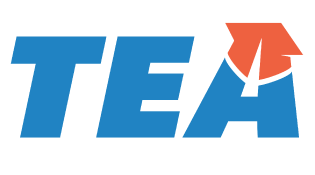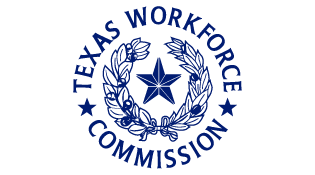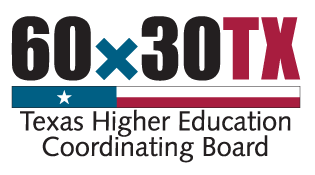For information on college application system updates for the 2021–22 application cycle, please refer to our webinar on Adjusting to College Planning under COVID-19.
This webinar from August 2019 features updates and tips from popular college application systems like ApplyTexas and Common App as well as educator advice on implementing a strong college application completion culture from leader fellow Will Collins at Humble ISD.
Watch the webinar recording below or continue reading for resources and highlights.
This webinar is part of our monthly series for registered users of the Texas OnCourse Academy. Click here for more information on this series, including how to get alerts for future webinars. And for the most up-to-date, trustworthy, and comprehensive information on college applications, log in to the Academy and look for the Admissions and Application Process badge in the Postsecondary Pathways content area.
Below, we summarize some evergreen points from the webinar that you can consider and use.
Campus-Level Best Practices
Leader fellow Will Collins from Humble ISD joined us to discuss some of his tips from the classroom and counseling office at Kingwood High School. An important job as a counselor is to effectively get the message out to students and families about how to navigate the college process or form a plan after high school.
Systems at Kingwood High School
Humble ISD utilizes multiple systems at Kingwood High School to talk to students about the college process, including:
- Twelfth-grade guidance lessons in September and 11th-grade guidance lessons in May. These lessons serve as a college applications refresher to discuss the importance of letters of recommendation from counselors and teachers and transcript requests from registrars.
- A college night and college fair for 10th and 11th grade students and parents in April.
- Lone Star college application workshop in April.
- Keeping the college room open during lunch every day for application and essay help.
Key Staff for Success
Kingwood does not have a college and career counselor, so everyone pitches in to help spread the message about applying to colleges, from staff members to parent volunteers. Key staff for maintaining this level of success include:
- Assistant principal – conducts college parent nights, college fairs, college rooms, PreACT testing, PSAT testing, and AP testing.
- Student council teacher – designated as the contact for college recruiter visits, college fairs, and student questions.
- Parent volunteers who have been through the college application experience with their own kids – train other parent volunteers to staff the college room at lunch.
- Counselors – serve as the main branch of college application success; they provide everything from college application guidance lessons, college night presentations, letters of recommendation, transcripts, college updates, and one-on-one meetings with students.
- Registrars – perform the extremely important task of sending students’ official transcripts to their designated colleges.
College Planning Overview
Collins also likes to share a college planning overview with his students to give them an idea of where they should be in the college application process. The overview begins with students exploring colleges and building their college list. They can do this through online research, visiting college campuses, attending college and career and technical education (CTE) fairs, and making time to visit the school’s college rooms and counselors. In Texas, students in 11th and 12th grade have two excused school days to go on a college visit. These days don’t count against the student’s attendance.
Most four-year universities require an ACT or SAT score. Personalized test prep and taking practice tests are good ways to prepare. Scores often improve on the second try, so retesting is important when aiming for a competitive score with potential colleges.
Once students have an idea of class rank, grade point average, and ACT score after 11th grade, they should work on strengthening their college list. They can use research to narrow down their list to “reach schools” and “realistic schools.”
Lastly, when applying to colleges, most applications open in July. During the summer heading into senior year, students should get ready to apply for colleges. Conducting scholarship research and preparing scholarship applications should be ongoing activities for students as well.
Other College Application Tips
Given that most applications open by July 1 the summer before a student’s senior year, students should also start working on essays and resumes at that time. Additionally, as they research colleges, they should be sure to look into a college’s admission requirements, fees, and programs of study. There are a lot of materials to gather when filling out a college application. Students will want to collect the information that best showcases all their activities, volunteer work, honors and awards, work and internship experience, and leadership positions that they held throughout their high school career.






